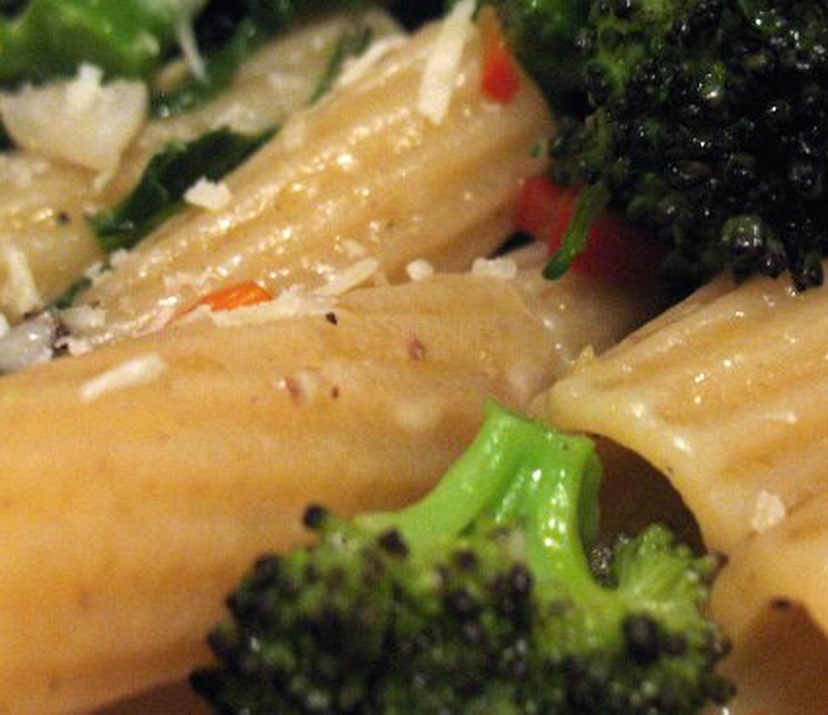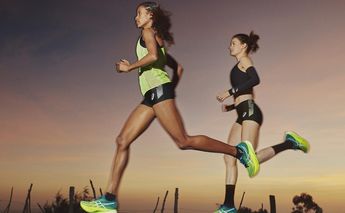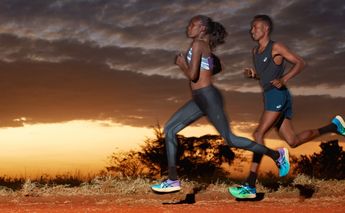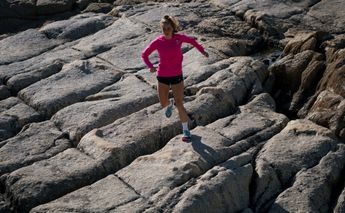The right nutrition is vital for a good performance on race day. Ruth McKean of the ASICS Running Clinics Pro Team offers her advice on what, when and how much to eat before your race.
When you’re on the starting line, your body should be brimming with fuels and plenty of blood sugarto get you to the finish. So eating the right things before the race is vital.
But it’s important not to over-do it. The last thing you want is any stomach pain or discomfort during the race.
Practice, practice, practice
“A good pre-race eating plan is a well-practised one,” says Ruth McKean, ASICS Running Clinics Pro Team dietician.
So it’s a good idea to experiment with what to eat in your pre-race meal, well before race day.
Generally speaking, Ruth recommends a low fat and low-to-moderate protein mealwith plenty of carbohydrates. A good pre-race breakfast would be:
- oatmeal and fruit or other cereal
- toast with jam or honey or banana topping
- fruit juice or water
If your race is later in the day a banana sandwich or a small pasta or a rice potwith low fat sauce is a good choice.
And for longer distances, you may even want to try out running gels to give you a boost. These won’t work for everyone though, so it’s worth trying them out on your training runs.
For a very different kind of pre-race diet, check out what British long distance runner and ASICS Ambassador Mara Yamauchi eats on race day.
The best time to fuel up before a race
“Have your last main meal 3 to 4 hours before an event,” Ruth suggests. “As a guideline this meal should not be large – eat to being satisfied, but not full. You may want to have a further light snack 2 hours before the race, such as a ripe banana or a slice of bread and jam.”
Alternatively, you could try eating 3 hours before the start, so you don’t need anything more before the race.
Try out the different times before your training runs and see how you feel or if there’s an improvement to your performance. It will help you come up with the right pre-race strategy for you.
Tapering and your diet
When preparing for a half or full marathon, you’ll usually be tapering off your training in the final weeks and days before the race. But when it comes to your diet, it’s business as usual.
“During tapering you’ll need to keep eating as if you’re training normally. I recommend increasing carbs for 2 days before a half marathon, and 3 days before a marathon.”
A 70kg runner, for example, should eat anywhere between 550g and 700g of carbohydratesbefore a half or full marathon.
If you’re carrying extra weight, it’s a good idea to stick to the low end of this scale while lean runners might want to stock up on extra fuel at the higher end.
Learn more about tapering off your training before a race
Keeping track of your diet
Many runners keep a logbook to keep track of their training progress – but how many also log their diet?
For some, the extra paperwork can help them tailor their eating to their training. But for others, all the recording takes up too much time when they’d rather be out training.
However, in the final few days before you line up for the race, it’s always a good idea to keep a record of what you eat.
“If you hit the wall or have stomach problems during your race, then you can look into your diet objectively,” says Ruth. “This can be a very useful tool to avoid issues or improve your performance for your next race.”
Don’t have a running logbook yet? Start a My ASICS training plan
Photo by Vidya Crawley / CC BY 2.0



